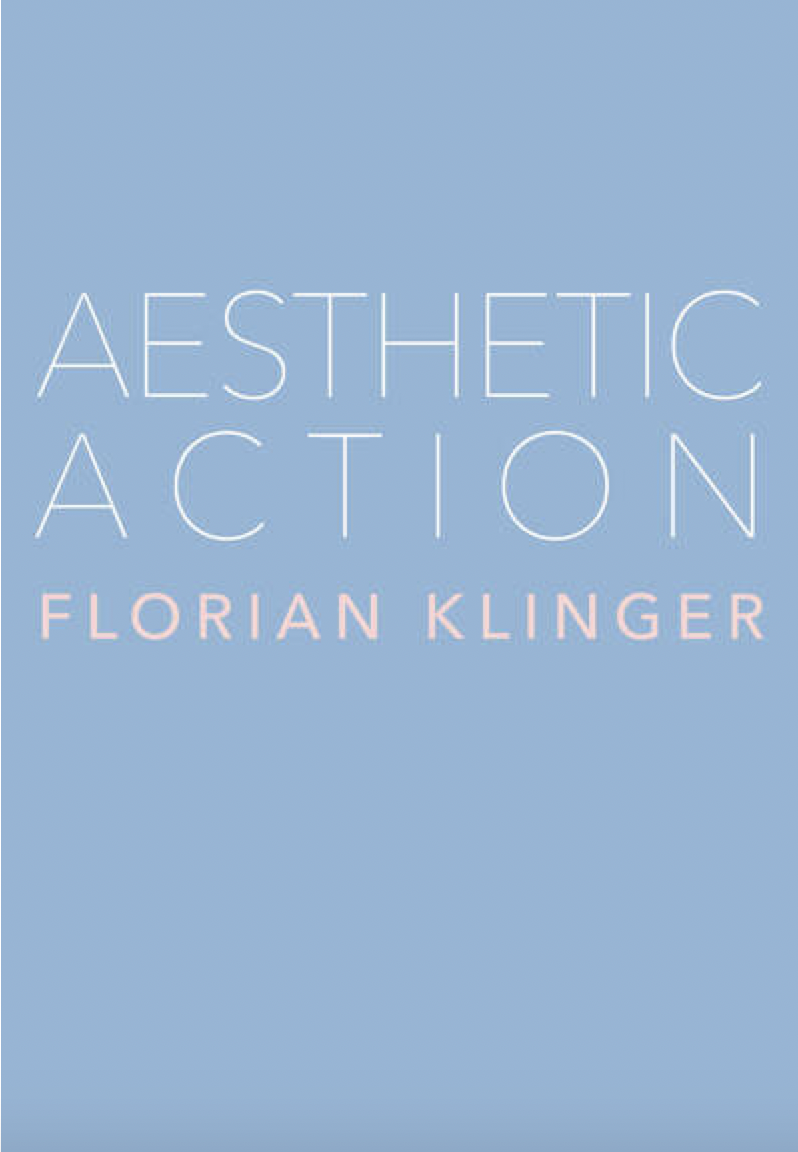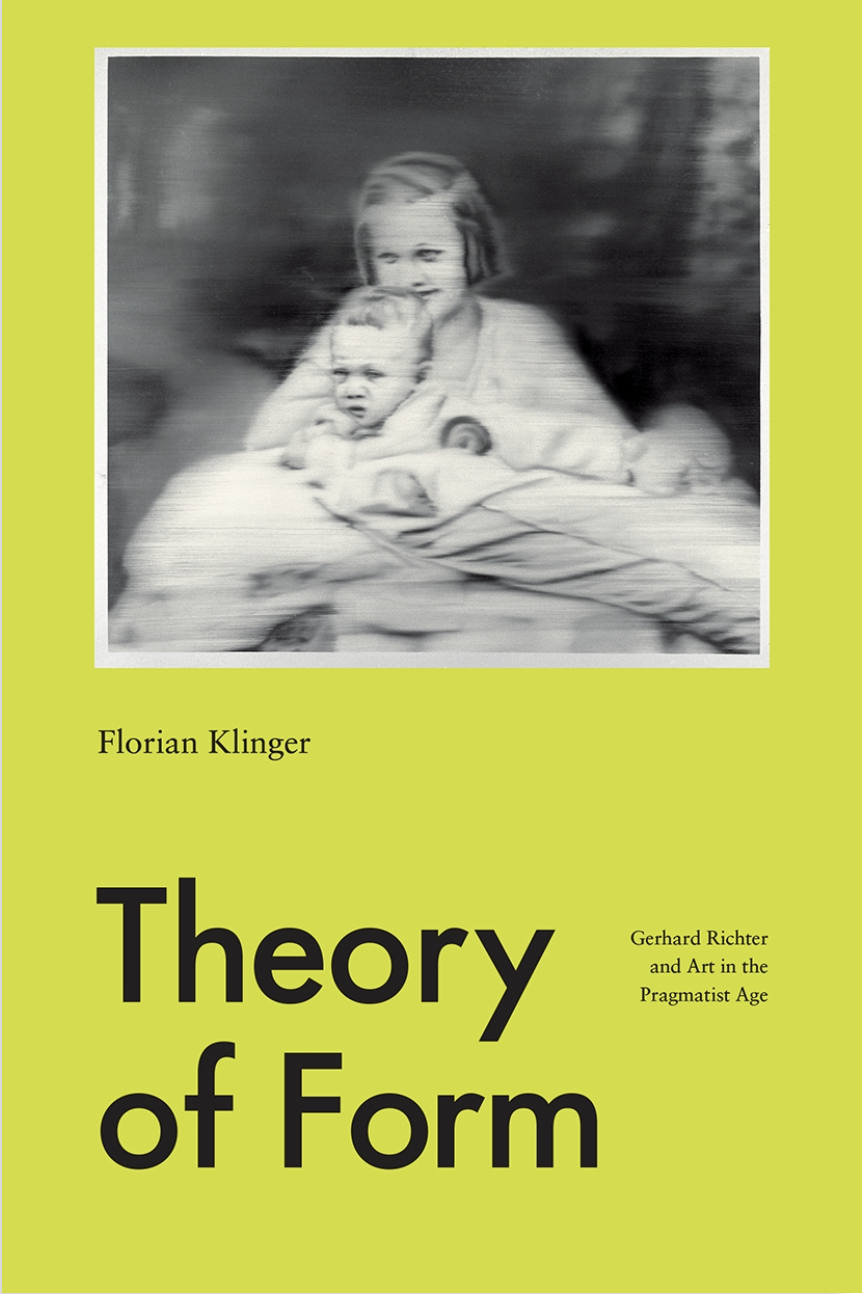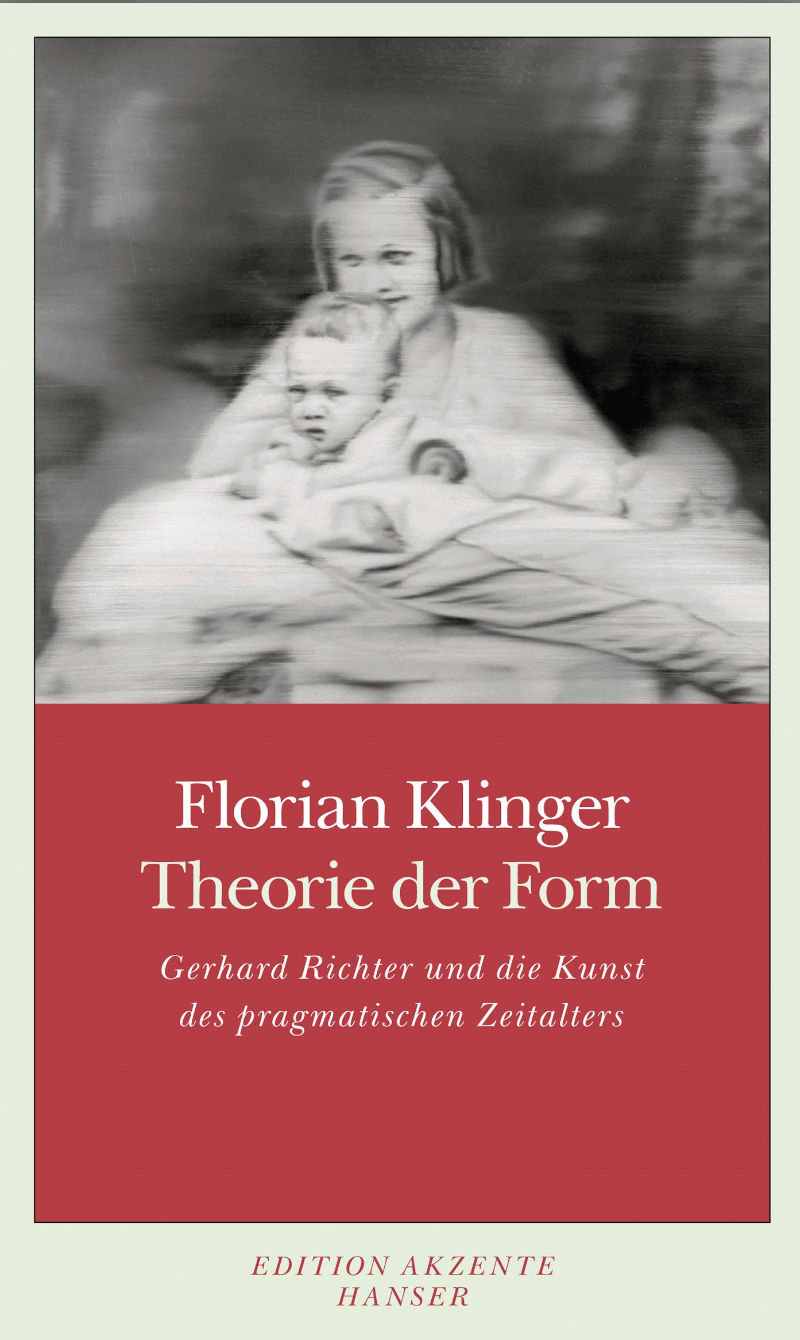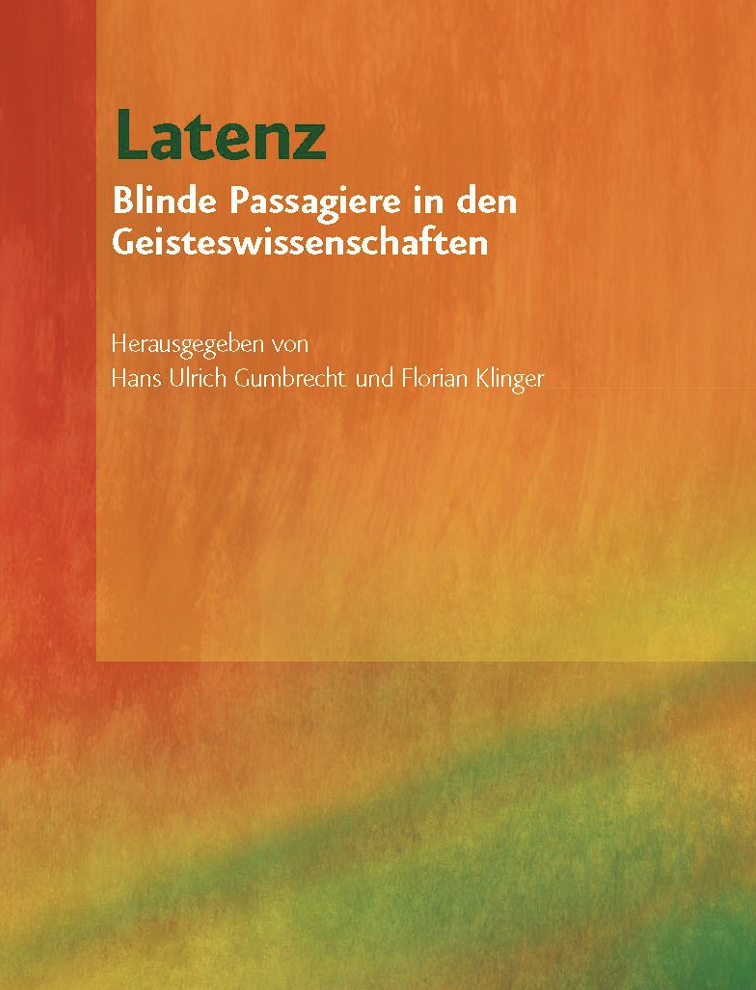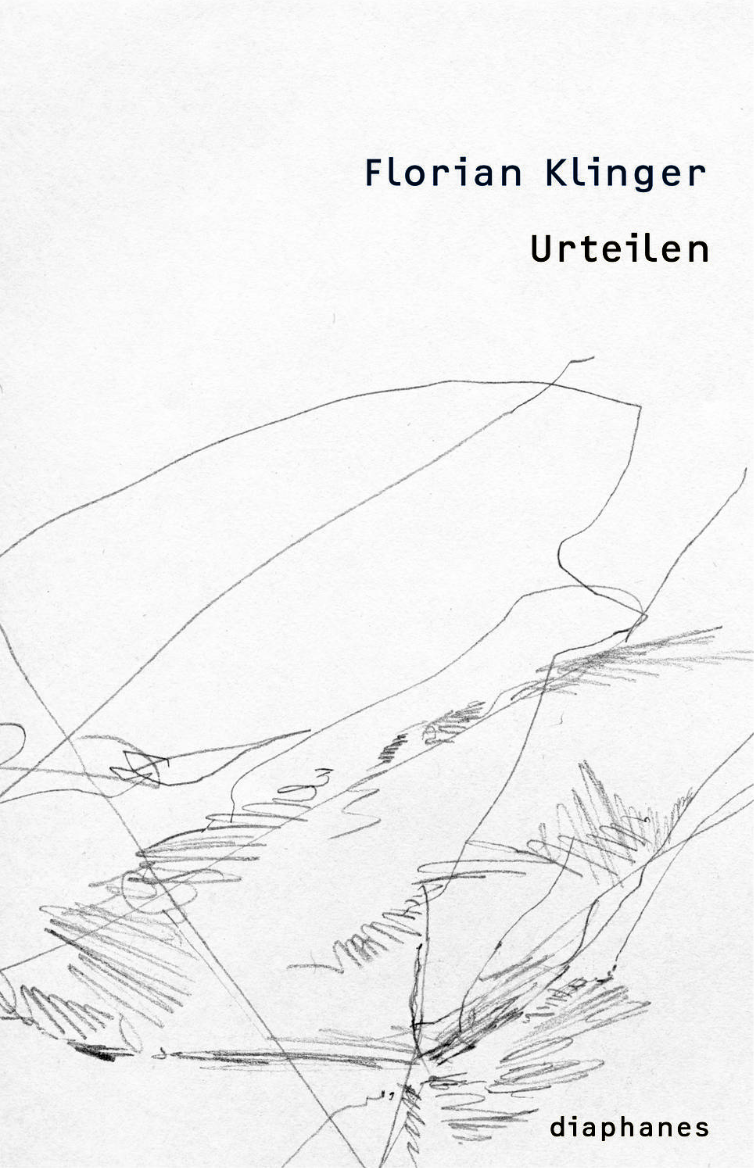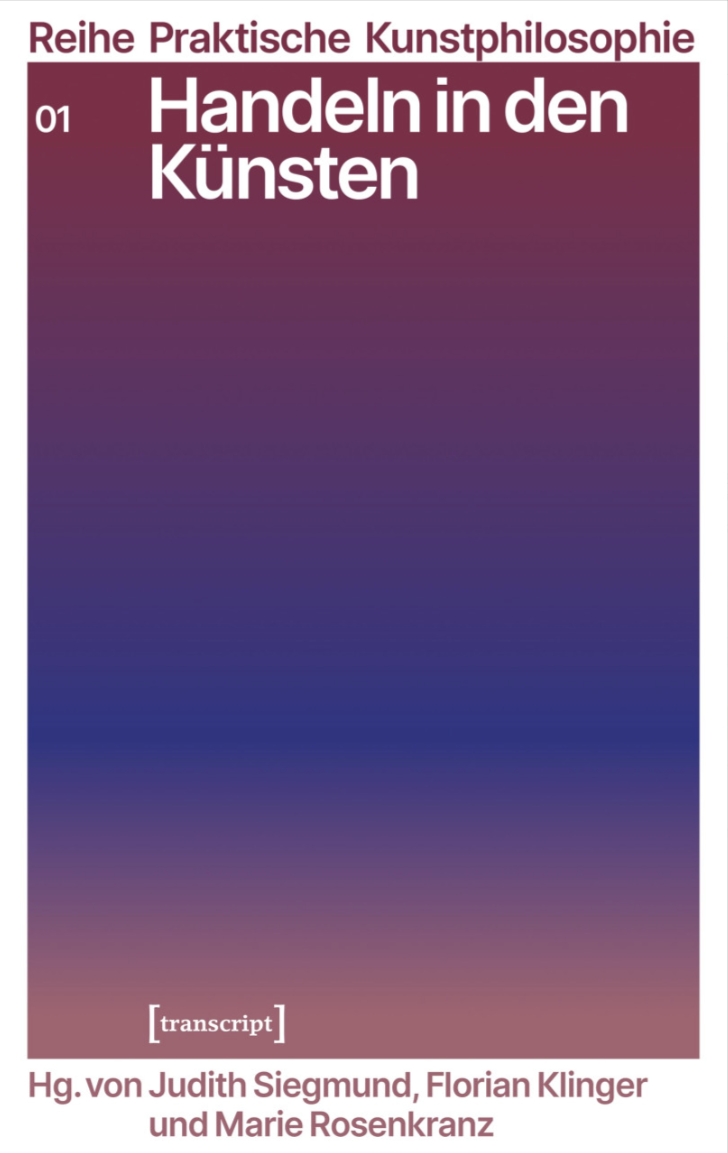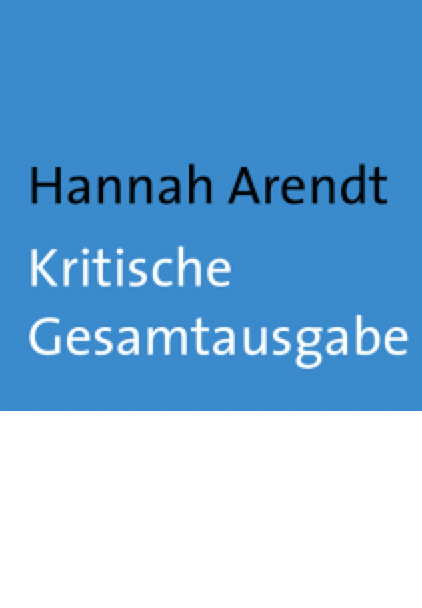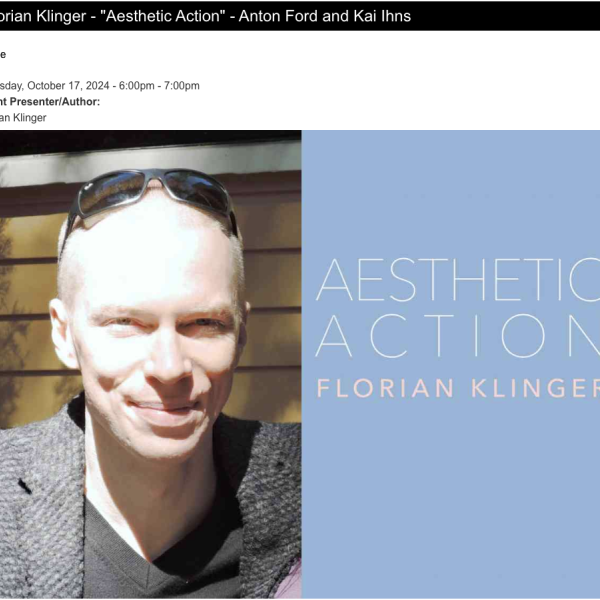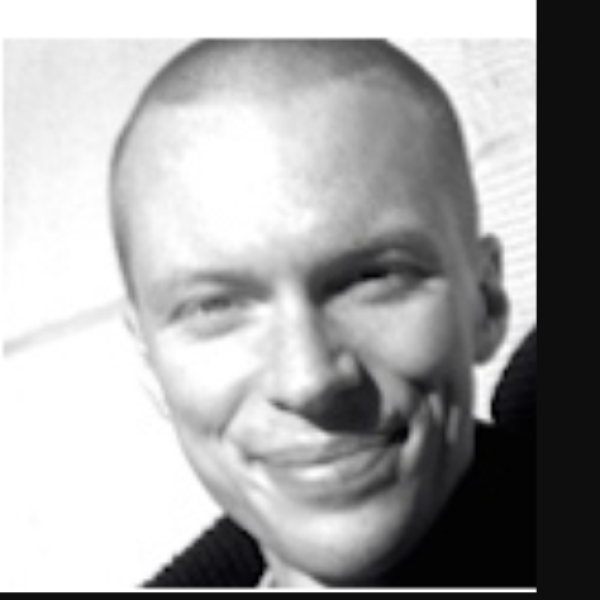
My work pursues the philosophical study of the arts, literature, music, as well as perhaps still unclassified manifestations of the aesthetic. I ask what specifically we do when we perform aesthetically, and how such performance relates its performers. I inquire into the politics of aesthetic performance in two ways that describe its relevance today: as the struggle for social justice manifest in the critiques of class, race, gender, and so on, and as the struggle for the planetary survival of the human genus in the Anthropocene.
Intellectual Profile
In my new book Aesthetic Action (Stanford Univ. Press, 2024), I propose an action-theoretical account of the aesthetic. While nonaesthetic action fulfills a determinate concept, I argue, aesthetic action performs an indeterminacy by suspending the action’s conceptual resolution. The book examines such indeterminacy by looking at work by Tino Sehgal, Kara Walker, Mazen Kerbaj, Marina Abramović, Cy Twombly, and Franz Kafka. Because it has irresolution as its point, aesthetic action presents itself as an unsettling of ourselves, our ways, our very sense of who we are. As performers of such action, we don’t recognize one another as bearers of a shared human form as we usually would – actualizers of our genus-being, Gattungswesen, as Marx puts this – but find ourselves tasked anew with figuring out what sharing a form would mean. Drawing on philosophers such as Kant, Hegel, Wittgenstein, and Anscombe; political thinkers such as Marx and Lorde; and contemporary interlocutors such as Michael Thompson, Sebastian Rödl, and Thomas Khurana, my book makes the case for a conception of the human form that systematically includes the aesthetic: an actualization of the form that is indeterminate and nevertheless rational. The conception dispenses with the assumption, widely held by philosophers, that only determinate actualization of our form can be rational actualization.
My previous book Theory of Form. Gerhard Richter and Art in the Pragmatist Age (Univ. of Chicago Press, 2022; the revised English edition of my Theorie der Form, Hanser, 2013) is a study of the practice of painter Gerhard Richter, who is shown to pursue artistic communication specifically in places where shared reality breaks down or turns precarious. My first book Urteilen (Judging, diaphanes, 2011) theorizes the act of judging as a singularity – this here, this case, this time – underivable from standards that precede it. Together with Susanne Luedemann from LMU München, I am the editor of Hannah Arendt's Lectures on Kant, as part of the Critical Edition – a text that Arendt did not live to turn into the book on judging that was supposed to conclude her trilogy The Life of the Mind.
I grew up on the Canary Islands and began my academic study at the Peter Szondi Institute of Comparative Literature at Freie Universität Berlin. I joined the University of Chicago faculty in 2012, after receiving my Ph.D. from Stanford University and being elected to Harvard’s Society of Fellows in 2010. I've also had a previous career as a professional musician and hold an Artist Diploma, Violin, from Hochschule für Musik und Theater München.
Work With Students
I mentor graduate students in the arts, literature, politics, and philosophy beginning with the 18th century – which has included topics such as translational responses to historical crises 1800/1900; the concept of contingency in Heinrich von Kleist; the Kantian sublime in its role for Black studies; aspect choreography in contemporary art; a juxtaposition of Du Bois on race and Ambedkar on caste; and the conceptual interdependency of philosophy and the arts. I have advised undergraduate theses on feminist conceptualizations of pain and gender, the poetics of space in Kafka, and the aesthetics of the techno club. I serve as faculty sponsor for the Literature and Philosophy graduate workshop at the University of Chicago.
Courses Taught
–– The Human Form in Contemporary Art
–– Improvisation
–– Hannah Arendt's Concept of Judgment
–– Musical Selfhood
–– Hegel’s Aesthetics
–– In the Absence of Power
–– Kafka: Acrobatics of Reading
–– The Concept of Recognition
–– Hegel’s Phenomenology of Spirit
–– Pragmatist Aesthetics
–– Kant’s Third Critique
–– Poetry and the Human (University of Chicago Core)
–– Heidegger’s Being and Time

